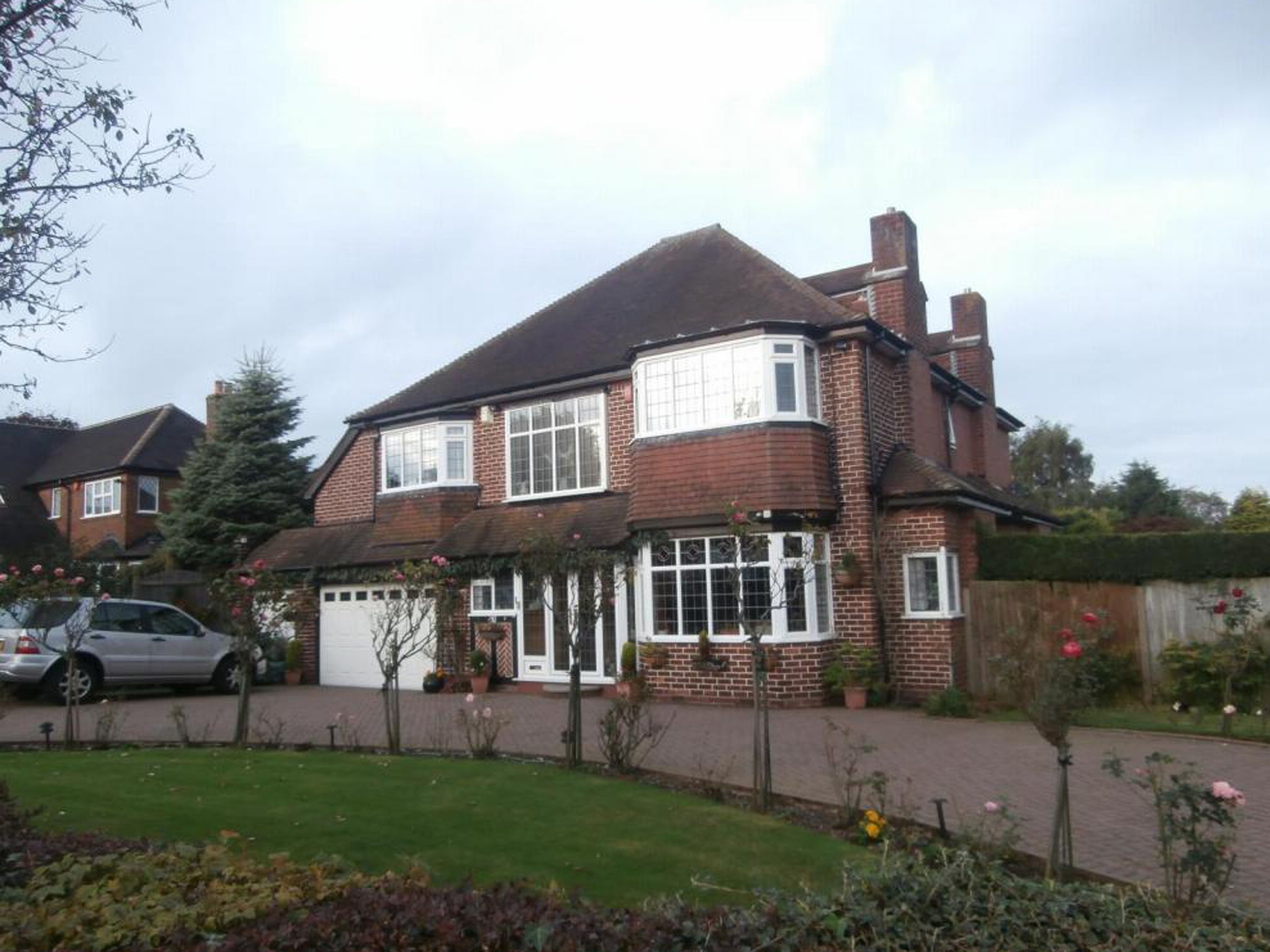House prices top previous August 2008 peak
Even wealthiest in UK are now worried that their children won't be able to afford a house, claims new report

Latest figures from the Office for National Statistics (ONS) show that between August 2012 and August 2013, house prices rose 3.8 per cent, meaning that they are now above their previous January 2008 high.
The price data follows the latest Family Futures Survey by YouGov Plc for Lloyds Bank Private Banking which reveals that even wealthier parents who plan on helping their children buy their first property are concerned that they can’t afford to.
Around 57 per cent of parents with more than £100,000 of investable assets (excluding their main residence and pension) have either helped their children buy a property or plan on doing so, but 59 per cent think their children will still struggle to buy a property.
Parents in the North West and North East are most concerned (70 and 69 per cent respectively), while those in the East Midlands, the South East and London are least worried (52, 54 and 59 per cent respectively).
The research also shows that 4 per cent of wealthier grandparents have supported the 'bank of mum and dad' by giving their grandchildren financial assistance to buy a house. 16 per cent of parents who own more than one home do so for a family member to live there, a figure that rises to 25 per cent in London.
Nitesh Patel, Housing Economist at Lloyds Bank Private Banking, said: “Low interest rates, better availability of finance and a shortage of housing supply are contributing to house price increases across many parts of the country. Annual double digit growth in house price increases has returned to a few areas of London, but these areas are the exception rather than the rule with much more modest rises in most areas. Despite improvements in affordability over the past few years, house prices remain above their long-term average in relation to earnings. The recent pick-up in house prices means that even wealthier parents are concerned about whether they can help lift their children onto the property ladder."
A separate report from the Wesleyan Assurance Society suggests that 81 per cent of professionals believe they will have to support their children financially well into adulthood. Samantha Porter, Wesleyan's Sales and Marketing Director, said: "There is no doubt that life is tough for this generation of young adults. They are leaving university with significant debt and have to raise a much larger deposit on their first home compared to their parents.
"However, it's also tough on parents as they find themselves supporting their children for much longer than they may have expected. They are also facing financial challenges themselves with changes to pensions and an increased cost of living.
The ONS figures indicate year-on-year price growth of 4.1 per cent in England, 1.1 per cent in Northern Ireland and 1 per cent in Wales, offset by a fall of 0.7 per cent in Scotland. Increases in England were driven by London (8.7 per cent), the East Midlands (3.8 per cent) and the West Midlands (3.5 per cent). Excluding London and the South East, UK house prices increased by 2.1 per cent .
In August 2013, prices paid by first-time buyers were 4.9 per cent higher on average than in August 2012.
Nicholas Ayre, managing director of home buying agency Home Fusion, said: "Supply constraints are such that if Help to Buy really did take off then a housing bubble might be possible. If more flats and houses are not built, a significant spike in mortgage transactions could substantially push up house prices. But we are nowhere near that just yet. While the recovery in property prices in London continues apace, this is far from the case throughout the UK. It is also worth remembering that transaction levels remain very low compared with what they were at the height of the housing boom.
"London continues to be a special case that almost needs its own house-price index, with no sign of a slowdown in price rises in the capital."
Join our commenting forum
Join thought-provoking conversations, follow other Independent readers and see their replies
Comments
Bookmark popover
Removed from bookmarks